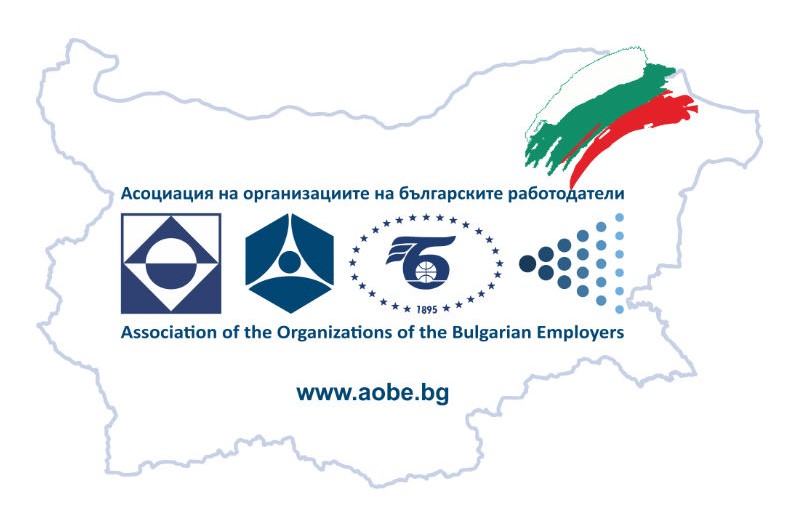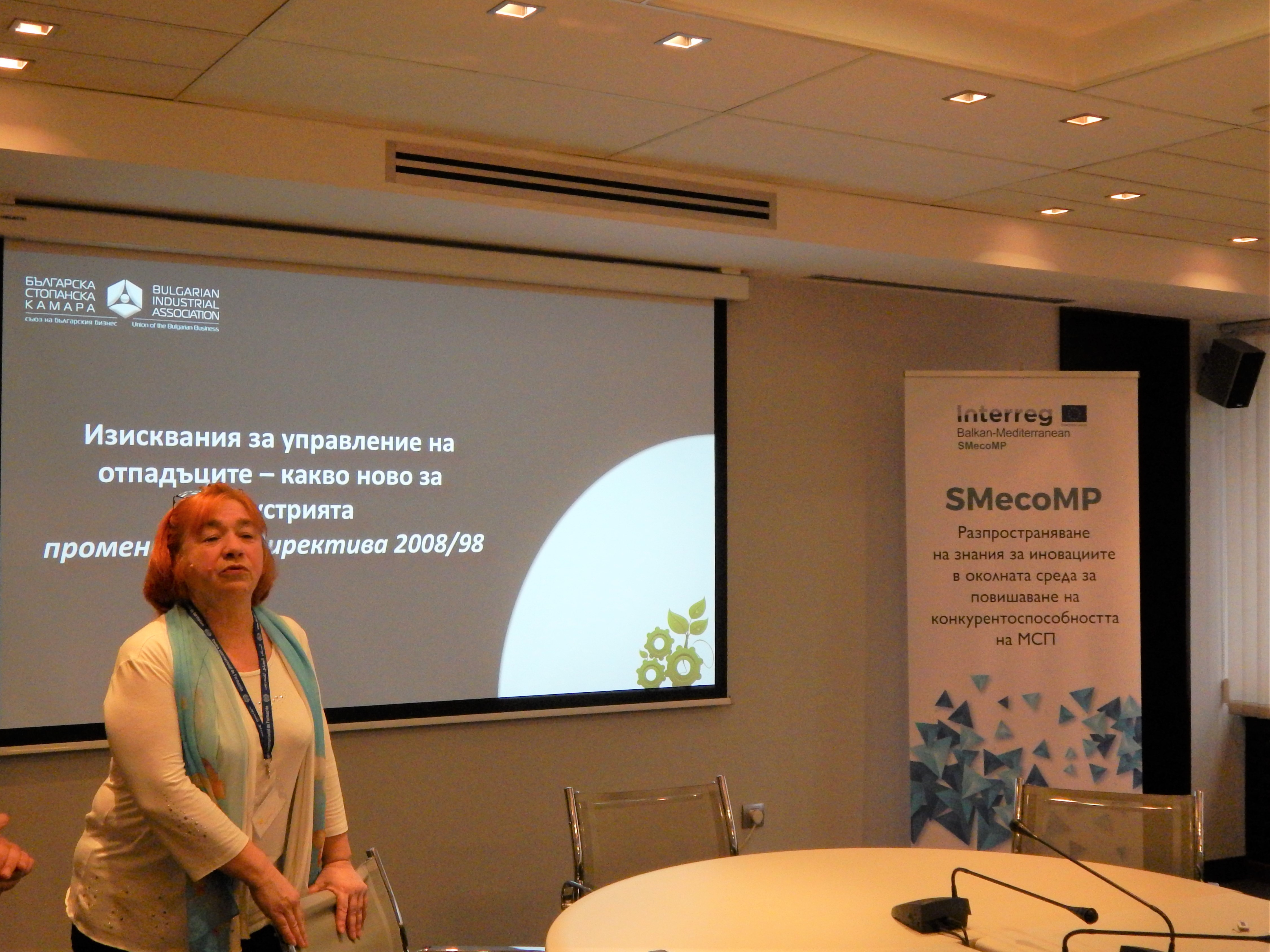MUNICIPAL WASTE TAX
Problem description
Under the current Law for Local Taxes and Fees, the determination of Municipal waste tax is based on property tax assessment or book value of assets. Thus the fee is converted into a second property tax. As a result, high-tech companies with expensive equipment are punished to pay several times more Municipal waste taxes, due to the higher book value of their assets. Moreover, the municipal administrations identify various substrates and sizes of Municipal waste taxes for different types of users. Тhere is a direct discrimination based on property - according to the type and size of property. The same service is provided under different conditions, depending on the type of user (individuals and companies). In this case, no distinction is made between "household" (from human activities) and "industrial" (the production activity) waste.
The figures speak:
- Costs of companies for a fee "municipal waste" of one person: 8 lv to 10,000 lv.
- There are municipalities where a company covers 50-70% of the revenue from MSW at 600 employees and a population of over 50 000 people in the municipality.
- Reported amounts in different municipalities: 7 to 2285 kg / inhabitant.
Effects:
- Lack of incentives for effective utilization and reduction of waste;
- Unreal accountability of corporate, municipal and national level;
- Inability to reliably predict the quantities for the purpose of designing facilities for waste treatment;
- Spending of Municipal waste tax for purposes other than the management of waste (according to the Court of Auditors);
- Investments "are punished", especially in capital-intensive activities;
- The value of the service is "detached" from the actual cost.
BIA position
BIA insists the determination of Municipal waste tax to become to the European principle of "polluter pays", taking into account the amount of waste generated and not the tax assessment of the property or the book value of the assets.
The "polluter pays" principle is enshrined in Art. 3 of the Law on Environmental Protection.
Standpoints
ABEO objects to the NAMRB proposal for a further postponement of the determination of the municipal waste fee (MSW)
+The draft laws on the state budget of the Republic of Bulgaria, the budgets of the Social Security and the National Health Insurance Fund for 2021
+Results
- 09/23/2013 - Ombudsman asks the Supreme Administrative Court if the MSW is not hidden property tax
- 03/07/2011 - Decision of the Commission for Protection against Discrimination;
- 14/04/2011 - Recommendation of the Ombudsman to the 41st National Assembly and Council of Ministers to change the law, an appeal to the BIA
- 13/03/2006 - Decision of Sofia City Court on an appeal of the BIA;
- Cases filed in the Supreme Administrative Court;
- Numerous proposals for legislative changes.
News

Introduction of a system for separate collection and recovery of textiles through concrete steps and measures was discussed by the authorities and business
+
MOEW, BIA and branch organizations discussed relevant topics for business related to environmental protection
+
AOBE presented its priorities to the Prime Minister
+
BIA standpoint on the draft budgets of the state, national health insurance fund and state social security for 2023
+
Dobri Mitrev: There are still not enough green projects in Bulgaria
+
One branch organization and 15 companies were accepted as members of BIA
+
Complaint against household waste fee filed by RIA – Gabrovo
+
AOBE and PP "There is such a people" discussed urgent measures to compensate for extremely high electricity prices and business recommendations to the 2022 budget
+
AOBE and Democratic Bulgaria to deepen their cooperation after the elections
+
AOBE and MRF agreed upon recommendations for maintaining tax stability and reduction of administrative fees
+AOBE calls for provision of funds for policies to overcome COVID-19 consequences and energy crisis in 2022 state budget
+
Inflation and Consumer Price Indices in February 2020
+
Iliana Pavlova: The separate collection of recyclable waste is not carried out effectively
+
Radosvet Radev: Environmental objectives should be achieved through incentives, not sanctions
+
NCTC consensus under the Local taxes and methodology in charge "Household waste"
+
Bulgarian Municipalities to Amend Garbage Fee Calculation Method by January 2015 -
+
Revenues from "garbage" tax increase and collected waste reduce
+
BIA: NEW Law on WASTE MANAGEMENT does not solve existing problems and DOES NOT give PERMANENT SOLUTIONS
+BIA delivered an Address to the political forces represented in the 40th National Assembly
+



